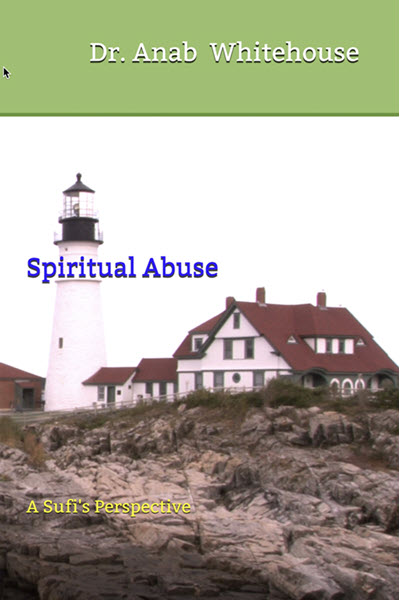Spiritual Abuse: A Sufi's Perspective explores the issue of spiritual abuse in relation to the Sufi tradition
from a variety of perspectives including: warning signs, causes, phenomenology, and recovery assistance.
FREE PDF
No religious or mystical tradition is immune from the presence of spiritual abuse,
for wherever there are people who are seeking to become closer to essential truths, purpose, and meaning, there
will be individuals seeking to generate counterfeit currency to offer to those who are unaware of, or incautious
towards, the dangers which lie in wait along the spiritual path.
Fraudulent teachers may call themselves a guru, shaykh, rimpoche, monk, priest, imam, apostle, avatar, or minister.
They may also call themselves educators, revolutionaries, political leaders, and freedom fighters. All
forms of terrorism, whether these be acts of individuals or of states, presuppose the existence of spiritual
abuse. Terrorism cannot occur unless someone -- a leader, master, or authority figure -- uses techniques of
undue influence to induce other people to commit atrocities in the name of Divinity, justice, and truth.
Although the primary focus of Spiritual Abuse: A Sufi's Perspective concerns the issue of spiritual
abuse in relation to the Sufi tradition, there is a great deal of information given expression through
Spiritual Abuse: A Sufi's Perspective that applies to a variety of faith traditions and, in addition,
has relevance to political and educational processes as well.
